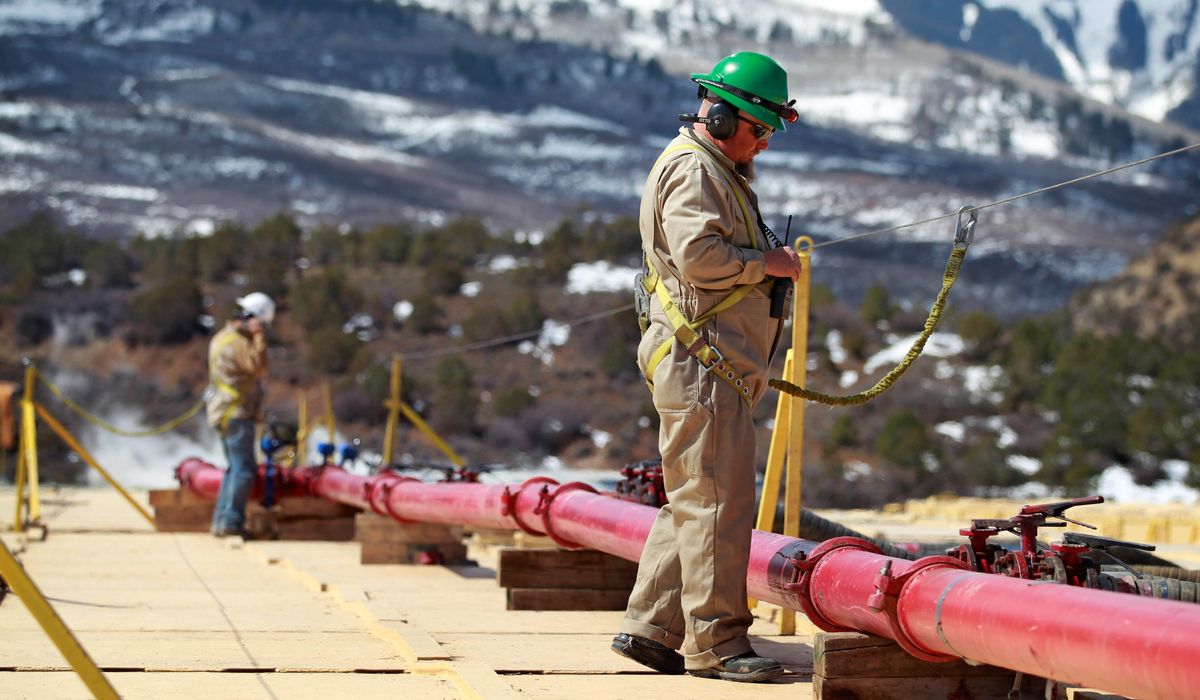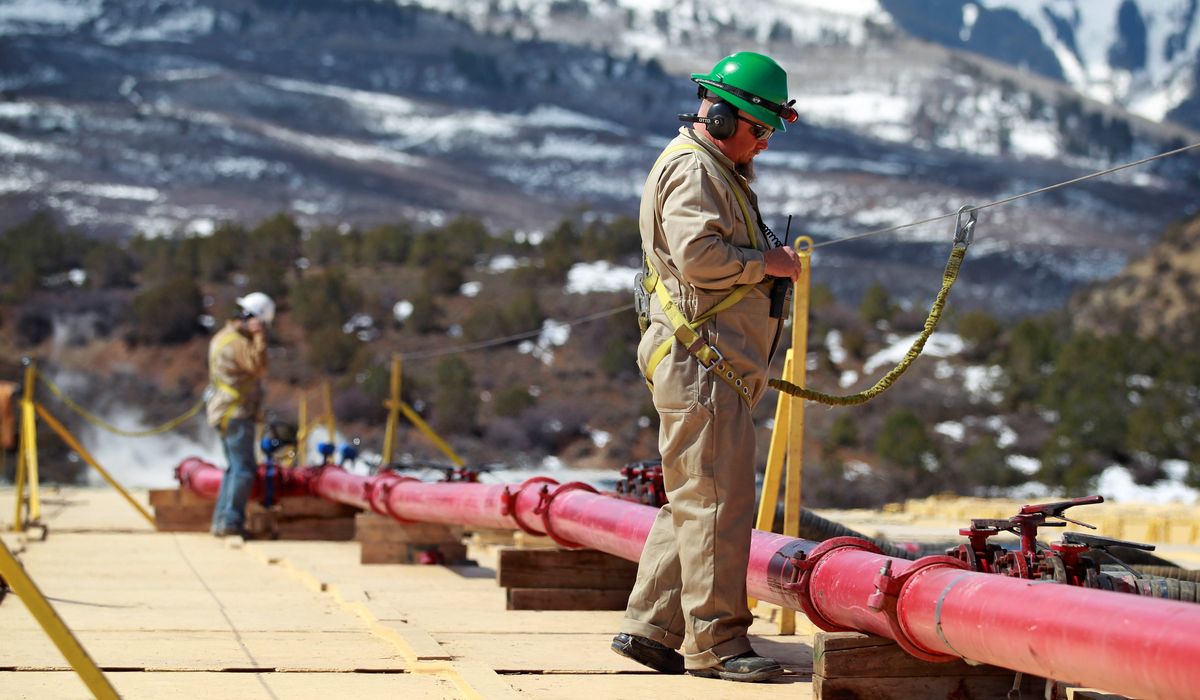
DENVER — The city of Boulder, a haven of anti-fracking activism, offered tips Monday to residents struggling with rising home-heating prices amid a global natural-gas shortage.
The city’s website warned that residential natural gas bills are expected to increase this year by 37% over last winter and offered hints to keep costs down, including lowering the thermostat, washing clothes in cold water and dressing in layers.
“It’s not just up to your furnace to keep you warm,” the Boulder website said. “Dressing in layers can keep you warm while relying less on your heat source.”
Citing data from Xcel Energy, the city said that the average natural gas bill is expected to rise from $71 to about $98 per month, not including electricity costs.
“Behind the bigger bills are higher energy costs nationally and natural gas supply challenges,” the Boulder tip sheet says.
Its title is “Heating Costs Are Rising This Winter. Here’s How to Keep Your Bill Affordable.”
The irony was not lost on the Colorado Republican Party, given Boulder’s years of hostility to the oil-and-gas industry. The city and county of Boulder filed a lawsuit in 2018 against ExxonMobil and Suncor seeking “damages related to climate change.”
From 2013 to 2021, Boulder had a moratorium on hydraulic fracturing, which was lifted last month as the city council enacted tough new regulations on the industry. In 2018, Boulder voters approved an oil-and-gas pollution tax.
“Boulder has blocked energy [development] at every turn, pushed statewide policies to ban fracking, and sued energy companies – now they are complaining about the high energy costs and supply challenges they helped create,” tweeted the Colorado GOP.
U.S. natural gas prices skyrocketed in October and November, hitting their highest level since 2014 before dipping amid warmer-than-average temperatures in December.
Boulder has blocked energy developed at every turn, pushed statewide policies to ban fracking, and sued energy companies – now they are complaining about the high energy costs and supply challenges they helped create. https://t.co/WPXKPaXpCQ
— The Colorado GOP (@cologop) January 10, 2022
The U.S. Energy Information Administration said production of both crude oil and natural gas declined in 2020 “with decreased demand following responses to the COVID-19 pandemic,” and that inventories “entered the 2021-22 winter heating season at the lowest level since 2018.”
“Natural gas prices have increased heading into the winter because production has not yet rebounded from the pandemic and there is greater demand for natural gas, leading to higher wholesale prices nationwide,” said Xcel Energy in a Nov. 17 statement. “Xcel Energy does not make a profit on the natural gas it purchases to deliver to customers or to use to generate electricity.”
In its recommendations, Boulder also advised residents to take advantage of the sun by opening south-facing blinds; turn down the temperature on water heaters, and use cold water whenever possible.
“Cold water works just fine for washing most clothing,” the city said. “Running your dishwasher daily, instead of hand washing your dishes, can often save both energy and water.”







